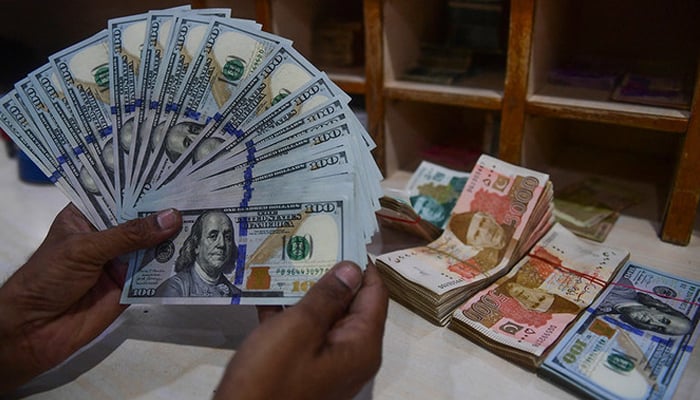Financing Assurances
WASHINGTON: Following the approval of a new bailout package for Pakistan by the International Monetary Fund (IMF) Executive Board, an official from the organization has confirmed that the country has also secured vital financing assurances from friendly nations on Friday.
Nathan Porter, the IMF Mission Chief for Pakistan, indicated that China, Saudi Arabia, and the United Arab Emirates have collectively provided “significant financing assurances” to Islamabad.
These assurances are directly linked to Pakistan’s $7 billion Extended Fund Facility (EFF) and extend beyond an agreement to roll over $12 billion in bilateral loans that Pakistan owes to these countries.
While specifics of the agreements were not disclosed, Porter emphasized that the financing support from the UAE, China, and Saudi Arabia is integrated into the broader program designed to stabilize Pakistan’s economy.
This announcement supports prior statements made by Finance Minister Muhammad Aurangzeb, who mentioned last month that these nations had confirmed their willingness to roll over the loans for a duration of three years, with annual renewals.
The IMF’s approval of the new $7 billion, 37-month loan agreement requires Pakistan to implement “sound policies and reforms” aimed at strengthening its macroeconomic stability.
As part of this arrangement, an immediate disbursement of $1 billion has been made available to Islamabad. This marks a significant step for Pakistan, which has relied on 22 previous IMF bailout programs since 1958, highlighting the country’s ongoing economic struggles.
Porter remarked on Pakistan’s notable economic turnaround since mid-2023, citing a sharp decline in inflation rates, stabilized exchange rates, and a doubling of foreign reserves.
He stated, “What we’ve seen is the benefits of undertaking good policies,” but acknowledged that the challenge remains to maintain consistent monetary, fiscal, and exchange rate policies, increase tax revenues, and enhance public spending.
The IMF’s program aims to help Pakistan achieve a primary budget surplus, which the country realized for the first time in 20 years last year. The goal is to grow this surplus to 2% of the gross domestic product (GDP).
Porter noted that achieving this target will depend significantly on reforms designed to improve tax collections from sectors that have been historically under-taxed, such as retail.
Looking ahead, the next review of Pakistan’s loan performance is projected for March or April of 2025, contingent on meeting performance criteria established for the end of 2024.
I am a dynamic professional, specializing in Peace and Conflict Studies, Conflict Management and Resolution, and International Relations. My expertise is particularly focused on South Asian Conflicts and the intricacies of the Indian Ocean and Asia Pacific Politics. With my skills as a Content Writer, I serve as a bridge between academia and the public, translating complex global issues into accessible narratives. My passion for fostering understanding and cooperation on the national and international stage drives me to make meaningful contributions to peace and global discourse.










